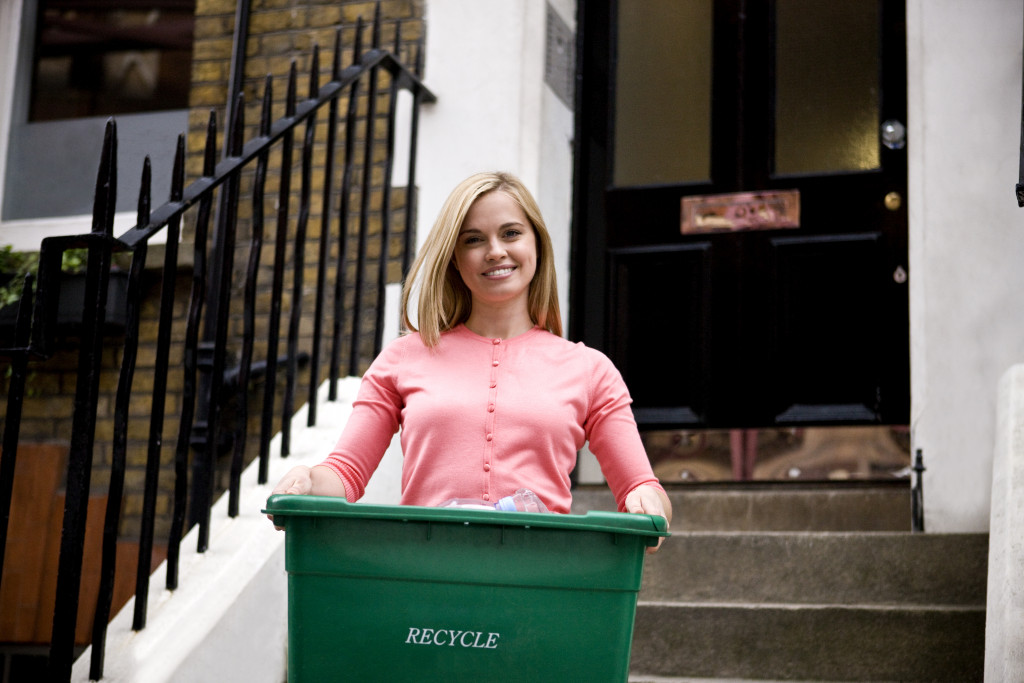Climate change has several serious implications, chief among them being its effects on our planet’s climate. As the Earth’s temperature rises, we can expect more extreme weather conditions, including hurricanes, floods, and droughts. It will have a devastating effect on both our environment and our economy.
But the effects of climate change go beyond the physical world. They also have severe implications for human health. As the Earth gets warmer, diseases like malaria and dengue fever will become more common. And as sea levels rise, coastal communities will be increasingly at risk from flooding and storm surges.
We need to start practicing eco-friendly steps, starting with our home. We can all do our part to reduce our carbon footprint by making small changes in how we live. If we all work together to combat climate change, we can make a difference for generations to come. For example, we can switch to energy-efficient appliances, recycle and compost our waste, and drive less.
Energy-Efficient Appliances
One of the best ways to reduce your carbon footprint is to switch to energy-efficient appliances. Older appliances tend to use more energy than newer models, so making the switch can significantly impact your eco-friendly efforts. And many of today’s energy-efficient appliances are just as efficient as traditional models but cost less to operate.
One way to make the switch is to look for the Energy Star label. This label indicates that an appliance meets strict energy efficiency guidelines. You can find Energy Star appliances in all categories, from dishwashers to air conditioners.
Switching to energy-efficient appliances is one of the simplest things you can do to help combat climate change. If we all make the switch, we can make a real difference in reducing our carbon footprint.
Recycle Waste
One of the most important things homeowners can do to fight climate change is recycling and composting their waste. Even though it may be challenging to develop these habits, it is crucial to do our part in reducing our carbon footprint.
Recycling and composting help reduce the amount of waste that goes into landfills. When organic material like food waste decomposes in landfills, it produces methane gas, a potent greenhouse gas. By recycling and composting our waste, we can help reduce the amount of methane gas created and therefore help combat climate change.
In addition, recycling and composting help conserve resources. Recycling aluminum cans, for example, requires 95% less energy than producing new cans from scratch. And composting reduces the need for chemical fertilizers, which can have harmful effects on the environment.
So even though it may be challenging to develop these habits, recycling and composting are essential ways we can all help fight climate change.
Bike More, Drive Less

Cars are one of the most harmful things to the environment because they produce greenhouse gases that contribute to climate change. Additionally, cars take up many space and resources, and their manufacture and disposal can negatively impact the environment.
Biking is an eco-friendly alternative to driving that has many benefits. Biking doesn’t produce emissions, so it doesn’t contribute to climate change. Additionally, biking takes up less space than cars and doesn’t require as many resources to dispose of or manufacture. Biking is also a healthy form of transportation that can help reduce traffic congestion.
If your destinations are within reach, walking might be the better alternative. Walking is the most eco-friendly form of transportation, and it has all the benefits of biking.
So next time you’re commuting to work or running errands, consider cycling or walking instead of driving. You’ll be doing your part to help combat climate change and promote a healthy lifestyle.
Maintain Proper Indoor Ventilation
Another way to reduce your carbon footprint is to maintain proper indoor ventilation. Indoor air pollution is one of the leading causes of greenhouse gas emissions. Poor ventilation can cause a build-up of pollutants like carbon dioxide, formaldehyde, and volatile organic compounds (VOCs).
You can open windows and doors and use fans to circulate air, ensuring proper indoor ventilation for your home. It would help if you also kept your home clean and dust-free to prevent the accumulation of pollutants. Regularly changing your furnace filter can also help improve indoor air quality. Fortunately, you can also have air purifiers installed by professionals to help make your home healthier.
These are just a few ways we can make our homes more eco-friendly. If we all work together to reduce our carbon footprint, we can make a difference for generations to come. Together, we can make a real impact in combating climate change.

